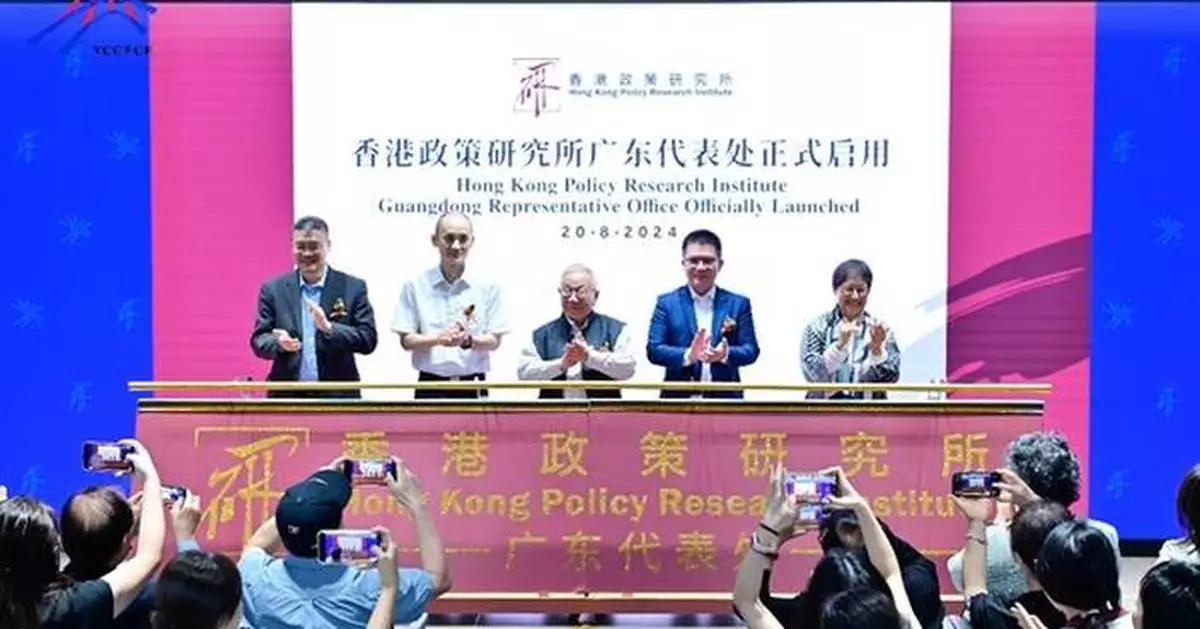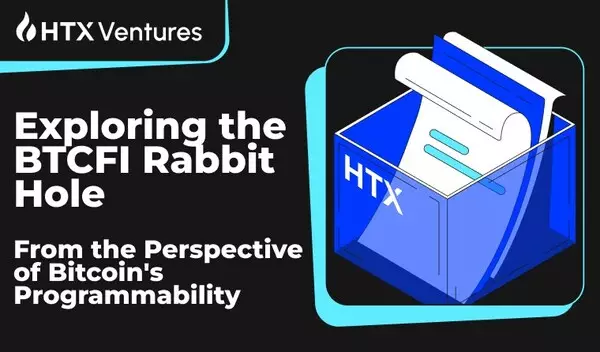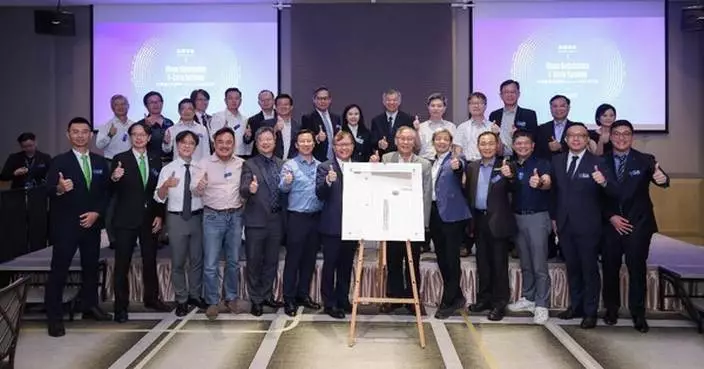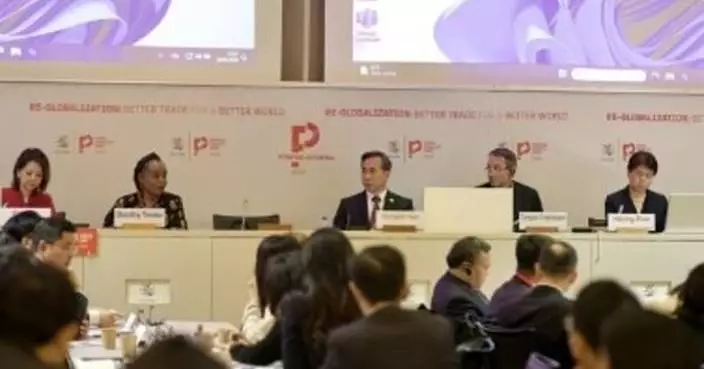HONG KONG, Aug. 23, 2024 /PRNewswire/ -- The Hong Kong Policy Research Institute (HKPRI) is pleased to announce the opening of its new Guangdong Representative Office and commemorate this remarkable expansion with the inaugural Greater Bay Area Early Childhood Education Summit, co-hosted with the Yew Chung College of Early Childhood Education (YCCECE).
The opening ceremony and summit took place in Shenzhen on 20 August 2024. The event brought together around 150 scholars, researchers, and practitioners from China and abroad to address pressing issues in early childhood education. Online views reached more than 1.8 million.
Connecting GBA to Foster Professional Exchange
"The establishment of the HKPRI Guangdong Representative Office relies on strong support from all parties. Moving forward, it will continue to provide practical and feasible recommendations for national construction and participation in global affairs, supporting and promoting the development of the Greater Bay Area," said Mr. Li Naiyiu, Director of the Hong Kong Policy Research Institute.
The opening ceremony featured welcome remarks from Mr. Li Naiyiu, as well as officiating addresses from officials including Mr. Liu Maozhou, Level I Bureau Rank Official, Education and Technology Department of the Liaison Office of the Central People's Government in the Hong Kong SAR and Mr. Wang Jinxia, Deputy Director-General, Authority of Qianhai-Shenzhen-Hong Kong Modern Service Industry Cooperation Zone of Shenzhen. While congratulating the HKPRI's Guangdong Representative Office opening, the officials welcomed the closer collaboration of institutions across borders.
Mr. Liu Maozhou said, "The establishment of the Guangdong Representative Office by the Hong Kong Policy Research Institute in Qianhai symbolises the evolution of Hong Kong-Shenzhen cooperation from 'collaboration' to 'integration'." As a leading area for deep integration and development between Shenzhen and Hong Kong SAR, Qianhai will play a key role in the coordinated development of the service and manufacturing industries. We hope that the representative office can provide high-quality policy suggestions to promote the integrated development of both regions and contribute wisdom to the practice of 'One Country, Two Systems'."
Mr. Wang Jinxia stressed that, "HKPRI Guangdong Representative Office officially landed in Qianhai now, this will become the institution's springboard for exerting strength and influence, collaborating the research resources and expertise in Hong Kong SAR and the Chinese mainland, striving to extend concrete influence leveraging the public policy in the two territories. Qianhai will continue to support HKPRI to expand research space, enhance research standards and leverage the influence of think tanks to provide high-quality and efficient services.".
Professor Guo Yong, Deputy Secretary of the Party Committee at Tsinghua University, delivered a special invited address via a recording. He said, "Warm congratulations on the establishment of HKPRI Guangdong Representative Office, and high praise for its contributions to the fields of public policy research and education. It is believed that with the support of all parties, the Guangdong Representative Office will make significant contributions to the development of the Greater Bay Area, advancing innovation in education, technology, and talent. We also look forward to this forum further enhancing educational cooperation between Hong Kong SAR and the Chinese mainland, and boosting regional innovation capabilities."
Inaugural Greater Bay Area Early Childhood Education Summit
"We are honoured to co-host this inaugural summit with HKPRI," said Professor Allan Yuen, President of Yew Chung College of Early Childhood Education. "By convening experts from China and around the world, we aim to facilitate the exchange of ideas and promote the development of high-quality early childhood education in the Greater Bay Area and beyond."
The summit featured four keynote addresses with a focus on the theme "Research and Practice of Quality Early Childhood Education in China and Abroad". YCCECE Professor Shi Ping and Dr. Zhang Ye shared the College's recent research project on the "Background, Concepts, Process, and Outcomes of a Research Project on Kindergarten Quality Assessment Standards in the Chinese mainland".
Professor Iram Siraj, OBE, Professor of Child Development Education and Senior Research Fellow from the Oxford University and Honorary Advisor of YCCECE, delivered an address delved into professional development in the early childhood education and outcomes. Her speech titled "Can Professional Development Improve the Quality of Teaching and Child Development in Early Childhood? Findings from a Randomised Controlled Trial of the Leadership for Learning Intervention." In her study featuring the Fostering Effective Early Learning (FEEL) study, it showed that Professional Development programme has a strongly positive impact on the quality of practice, in areas of curricular and interactional quality investigated, and that it led to improved outcomes for young children in key domains.
Professor Li Minyi from Beijing Normal University Faculty of Education delivered a keynote presentation titled "Development and Quality Enhancement of Preschool Teacher Workforce - International Experience and Chinese Narratives", her study compares the development and quality enhancement of preschool teacher workforce in local and international contexts. Professor Li is also the Honorary Professor (ECE and Care) of YCCECE.
Dr. Huang Runke introduced her study on enhancing teaching quality and promoting child development through evidence-based teacher professional development programmes in Shenzhen. It focused on teachers' pedagogical skills and used a randomised control trial design involving 24 preschools. The PD programme proved to improve classroom interaction and teaching quality, in the long run positively affected children's literacy, numeracy and executive function skills.
The event was concluded by a closing remark by Professor Shi Ping.
About Hong Kong Policy Research Institute:
Hong Kong Policy Research Institute (HKPRI) is a nonprofit and independent public policy think tank set up in 1995, upon Chinese government's resumption of its execution of sovereignty over Hong Kong in 1997 and with the objective to contribute, through public policy research, to the success of Hong Kong People Governing Hong Kong.
HKPRI was ranked for four consecutive years in 2015 - 2020 among the Top 100 think tanks in the regions of China, India, Japan and South Korea in the Global Go To Think Tank Index Report: The Think Tanks and Civil Societies Program (TTCSP) of the Lauder Institute at the University of Pennsylvania.
Our mission is to conduct quality research and provide effective recommendations by polling together local, mainland and international minds , and to create social impact by collaborating with stakeholders to form policy communities. By this we hope to contribute to the continued success of "One Country Two Systems" and of The Hong Kong Special Administrative Region (HKSAR) exercising a high degree of autonomy.
About Yew Chung College of Early Childhood Education ("YCCECE")
The Yew Chung College of Early Childhood Education ("YCCECE"), a member of Yew Chung Education Foundation (YCEF), is an accredited degree-awarding institution registered in Hong Kong under the Post-Secondary Colleges Ordinance (Cap. 320), with charitable status under Section 88 of the Inland Revenue Ordinance. It is the first and only higher education institution in Asia specialising in Early Childhood Education (ECE), invested wholly in this exciting foundational field.
YCCECE's predecessor, the Yew Chung Community College ("YCCC"), was founded in 2008. In 2014, it was the first private higher education institution to provide formal teacher training in Hong Kong with the launch of its Higher Diploma in ECE (HDECE) programme. In 2018, YCCC was transformed into YCCECE with the launch of its flagship Bachelor of Education (Honours) in ECE (BEdECE) degree programme. This milestone represented a full-circle in YCEF's 90-year history, with the completion of a novel 'B to B' (Baby to Bachelor) education spectrum. In 2022 the College became the first self-financed tertiary institution in Hong Kong offering the Certification Course for Kindergarten Principal. The main campus is situated in Tin Wan, while its city campus is located in Kowloon Tong.
YCCECE is deeply committed to nurturing new generations of passionate and inspired ECE professionals, who will have an enduring impact on the lives of numerous young children and their families, growing a better future together.
** The press release content is from PR Newswire. Bastille Post is not involved in its creation. **
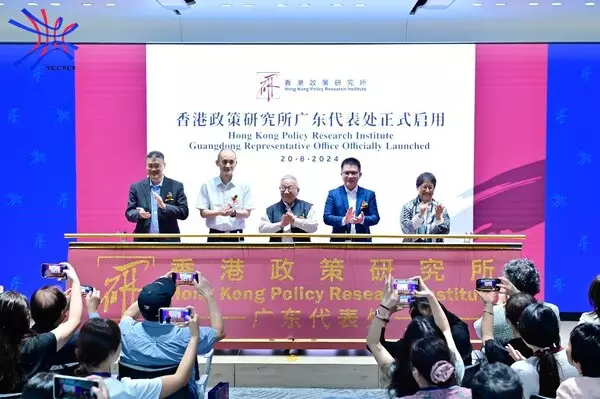
Hong Kong Policy Research Institute Expands to Qianhai, Join YCCECE to Co-hosts Inaugural Greater Bay Area Early Childhood Education Summit


